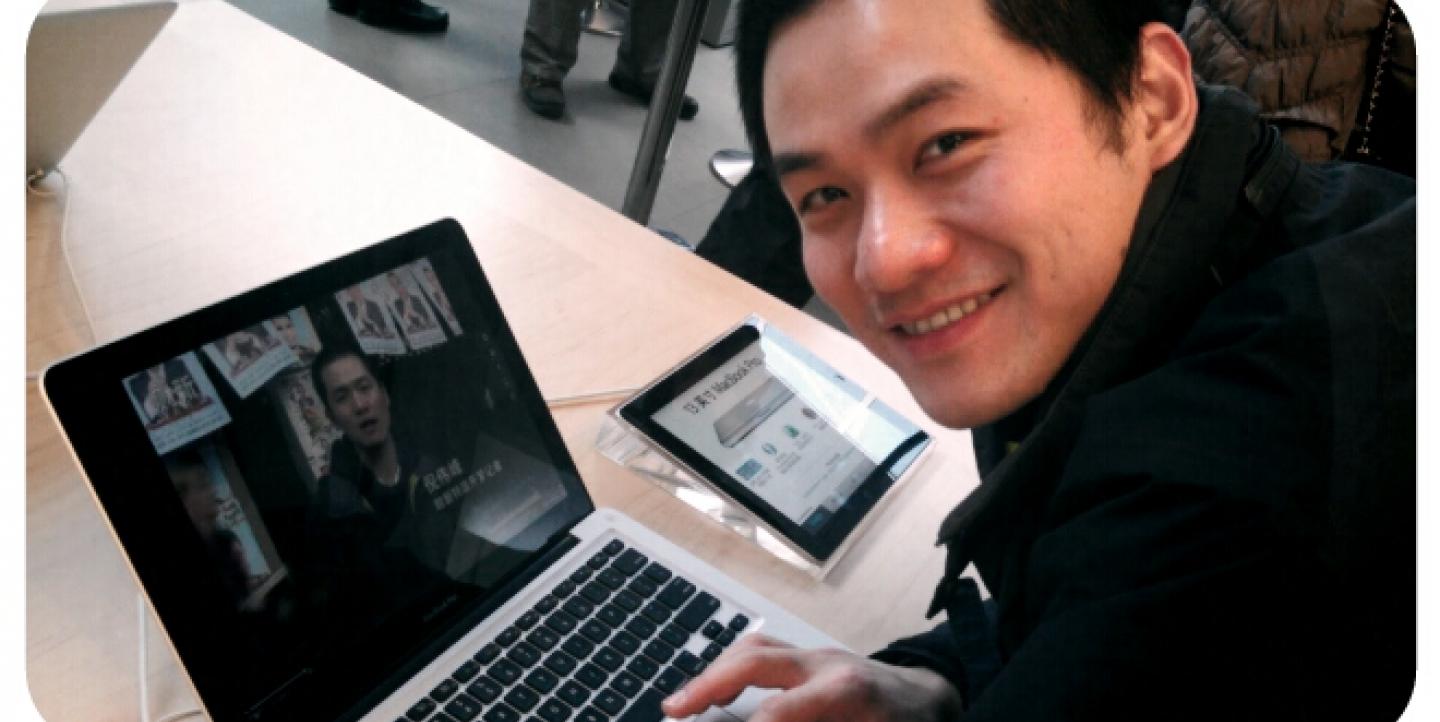When the Arab Spring arrived in Egypt, Vincent Weifeng Ni, a young reporter from China, witnessed this historic moment first hand.
Vincent Ni is currently the Washington correspondent for Caixin Media, China’s leading independent media group. In February and November 2011, Ni traveled to Egypt twice to cover the Arab Spring.
“I feel lucky to have witnessed so many changes in such a pivotal region,” Ni says. In an interview with IJNet, Ni reflected on the experience that enriched his understanding of conflict reporting.
Find personal stories in a broad historical context
Vincent Ni (VN): Revolutions affect the everyday life of ordinary people. In Egypt, personal stories stood out as the way to help capture the difference in public opinion toward the movement between the February protests and the later “second revolution.” In February 2011, I talked to a street protester who lost his 13-year-old son to the dictatorship, and [I] sensed the population’s sheer joy for democracy and freedom. In November, a bus conductor in Cairo shared his doubt about how the parliamentary election would improve the life of his large family, representing a decline in enthusiasm among many local people.
Go beyond parachute journalism
VN: When the Egyptian revolution happened, many journalists were “parachuted” to a country they knew little about. Some reporters stopped at communicating only in English; they only got one side of the story. To avoid being just a parachute journalist, I sought support from Cairo-based journalists Abdalla Hassan and Themba Lewis. You have to find a local guide to talk with people who speak their minds in their own languages to understand the entire picture.
Work with a supportive team
VN: My coverage on the Arab Spring was not a one-man show. Much of my reporting work could not have been done without the all-hours research support from my colleagues in our Beijing and London offices while I was out at the front line. Teamwork is really important for high-quality news analysis.
Use social media to find information
VN: Social media tools not only helped Egyptian activists organize movements, but also boosted my offline engagement efforts. I tracked down and interviewed a young Egyptian on Twitter who managed a Facebook page to promote his newly established political party and mobilize participation in the parliamentary election.
Back in China, our readers said they understood the Egyptian revolutions more by following Caixin’s Weibo page and my blog.
Always stay skeptical
Despite the adrenaline in the air, journalists should remain skeptical about social movements and reforms. The press was overly enthusiastic and optimistic about the first revolution — I watched in my hotel room in Cairo many television presenters smile too much. The “second revolution” showed that the movement was not a honeymoon, something media should have proactively discussed during the first revolution.
In my view, journalists should be skeptical, report strategically, and take historical and geopolitical context into consideration.
Follow Vincent Ni on Twitter.
Photo: Vincent Weifeng Ni

